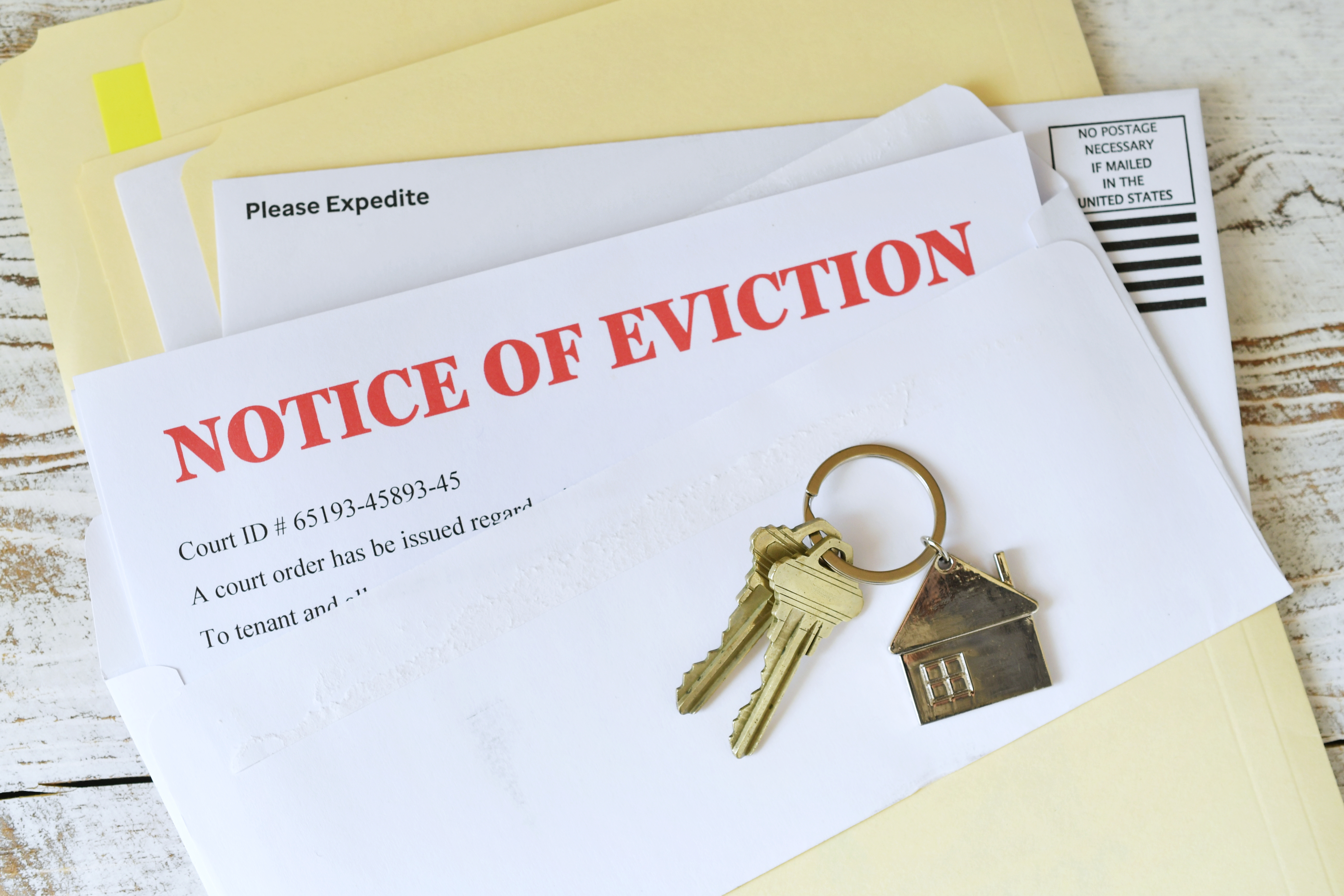Increasing Rent in Ontario in 2024: Your Questions Answered
Rent increase guidelines support landlords and tenants; they help you, as the landlord, earn more year after year, and they shield tenants from exploitive hikes in rent.
But these guidelines change almost every year, which means staying up to date and adhering to them isn’t always easy.
That’s why we created this resource: a simple breakdown of the latest information on residential rent control in Ontario, updated yearly, to help you make better rent decisions.
What landlords need to know in a nutshell
- You can raise rent by a maximum of 2.5% in 2024 without the approval of the Landlord and Tenant Board.
- In most cases, you can increase rent if at least 12 months have passed since the last rent increase or date the tenancy began
- You must give at least 90 days written notice before raising rent
- These guidelines don’t apply to care homes, new buildings, additions to existing buildings, and most new basement apartments that are occupied for the first time for residential purposes after November 15, 2018
How much can you increase rent in 2024?
The rent increase guideline for 2024 in Ontario is 2.5%. This is the maximum amount you can increase most tenants' rent during a year without approval from the Landlord and Tenant Board.
When (and how often) can you increase rent?
In most cases, you can increase the rent for a residential unit in Ontario if at least 12 months have passed since the last rent increase or since the date the tenancy began.
How much notice do you have to give before increasing rent?
Landlords must provide tenants with written notice of a rent increase using the proper forms available from the Landlord and Tenant Board. This notice must be given at least 90 days before the proposed increase takes effect, and you have to use the right form.
An example of a legal rent increase in 2024
Suppose a tenant signs a lease for a unit with a monthly rent of $2,000 on April 1, 2023. On or after April 1, 2024, you would be legally allowed to raise the rent by a maximum of $50, which is 2.5% of 2,000, bringing your new monthly rent to $2,050.
You would also need to provide at least 90 days’ notice before this new rent takes effect, meaning you’d need to provide written notice to your tenant on or before January, 2024.
Can you increase rent more than the guideline?
Exceptions to the rent increase guideline include new buildings, additions to existing buildings, and most new basement apartments occupied for residential purposes after November 15, 2018.
Additionally, the guideline does not apply to rental units upon turnover of a tenancy, community housing units, long-term care homes, and commercial properties.
How do I know if my rental property is exempt from rent control?
The most reliable way to find out if you’re exempt from rent control is to contact the Landlord and Tenant Board. You can also ask them what documentation you need to prove this to tenants.
How do I show tenants that my property is exempt from rent control?
To show that a unit is exempt from rent control, you can:-
include an additional term under section 15 of the lease stating that the unit is exempt from the rent increase guideline
-
provide any records proving this exception, such as permits, new home warranty documents, or any relevant documents
How do I resolve rent control disputes from tenants?
If you propose an increase in rent and a tenant disputes it, which most often happens with tenants living in new buildings and additions, as well as new units in existing houses, there are a number of things you can do.
With disputes over new buildings and additions, you must prove that the building or addition was first occupied for residential purposes after November 15, 2018. This can be done by providing records such as:
- building permits, permit applications, and plans
- occupancy permits
- new home warranty documents
- documents from the builder
With disputes over new units in existing houses, you must prove that the new unit was completed after November 15, 2018. You also have to prove that either the unit was built in a previously unfinished space like a basement or attic, or the owner lived in another part of the house when the new unit was first occupied.
This can be done by providing records such as:
- documents from the builder or invoices from the contractor
- “before and after” photographs
- building permits, permit applications, and plans
How are rent increase guidelines calculated?
The rent increase guideline for Ontario is calculated using the Ontario Consumer Price Index, a tool by Statistics Canada that measures yearly inflation and economic conditions. Data from June to May is used to determine the guideline for the following year.
More resources to help you with rent control in Ontario
If you have a question about rent control in Ontario not answered here, visit the Ontario government site or contact the Landlord and Tenant Board through the following:
- Email: ltb@ontario.ca
- Phone: 416-645-8080 or Toll-free: 1-888-332-3234
Sign your next tenant faster—for the rent your property deserves
Hopefully, that helps! Be sure to bookmark this page and check back for the latest information on rent control in Ontario.
For more help signing tenants quickly—and at the rent your property deserves—sign up for Rhenti's automated leasing software now.
The blog posts on this website are for the purpose of general introductory information. They can’t serve as an opinion or professional advice. Speak to a professional before making decisions related to your circumstances.
Discover more property owner insight at Rhenti blog


